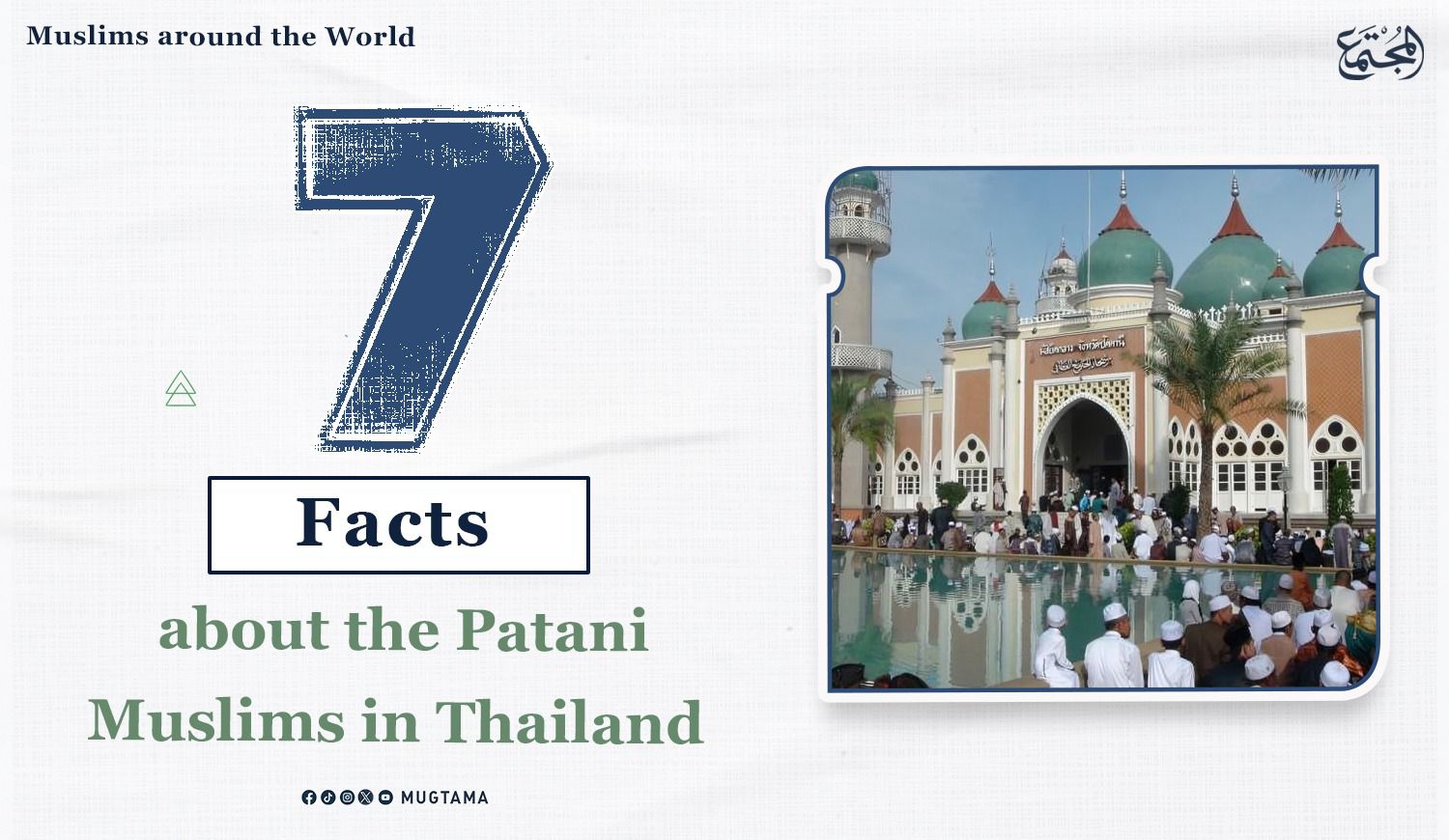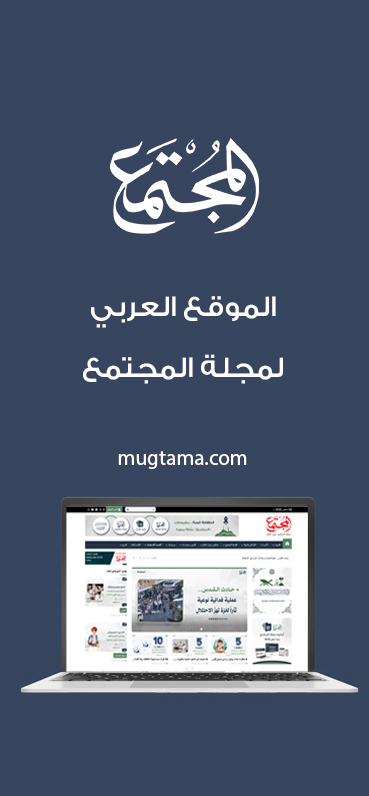7 Facts about the Patani Muslims in Thailand

In Southern Thailand, specifically in the historic region of Patani, live more than two million Muslims belonging to a minority with deep roots in the area. These Muslims, known as the Patani Malays, are one of the most prominent Muslim minorities in Southeast Asia. They have a long history of preserving their Islamic and cultural identity despite attempts at assimilation since their Islamic kingdom was annexed by the Thai state in the early 20th century. Their cause today is no less serious than that of other persecuted Muslims around the world, but it receives very little attention compared to the scale of their suffering.
Therefore, this report will shed light on them and highlight
important facts about the Patani Muslim minority in Thailand.
1. Historical Roots
The Islamic Kingdom of Patani was founded in the 15th century and flourished
as a major commercial, cultural, and religious center, attracting traders and
scholars from across the Islamic world. The kingdom lasted for centuries until
it was seized by the Kingdom of Siam (now Thailand) in 1902. From that date,
the Patani Muslims began a new phase of challenges, primarily the loss of
political independence and forced attempts to integrate them into Thai Buddhist
culture.
2. Religious and Cultural Identity
Muslims make up about 5-6% of Thailand's total population,
with most living in the South. They speak the Malay language and are proud of
their Islamic identity. However, the state has imposed "Thai-ification"
policies to assimilate them, such as mandating the Thai language in education
and restricting traditional Islamic educational institutions (known as Pondok).
Despite these policies, the Patani Muslims have maintained their religious
rituals and mosques and are known for their strong adherence to the Quran and
Sunnah.
3. Political Struggle and Resistance
Since the annexation of Patani, resistance movements have
emerged, demanding independence or autonomy. The conflict escalated in the
early 2000s, with armed clashes breaking out between Muslim armed groups and
the Thai military, leading to thousands of casualties on both sides. Although
the Thai government has attempted to propose political solutions, a lack of
trust and justice has kept the crisis ongoing to this day.
4. The Humanitarian, Security, and Economic Situation
Southern Thailand is under a state of near-constant emergency,
with over 7,000 people killed in the past two decades due to the clashes.
Civilians are the main victims, living in a constant state of fear from random
arrests or attacks by militants. Poverty rates are high, and unemployment is
widespread, leaving the region economically underdeveloped compared to the rest
of Thailand. Some researchers estimate that the poverty rate in Muslim areas
exceeds 40%.
5. Education and Religion
Islamic education has been and remains central to Patani identity. However, Thai authorities have tried
to control it by integrating Buddhist curricula and forcing Islamic schools to
register officially. This has generated cultural resistance from locals who
continue to send their children to Pondok (traditional religious
schools).
They base this on the Prophet Muhammad's saying: "Seeking
knowledge is an obligation upon every Muslim." Therefore, the Muslims'
perseverance in teaching their religion despite the repression is a practical
embodiment of their adherence to this religious duty.
6. The Islamic and International Stance
Although the Patani Muslims are culturally and religiously
part of the Islamic community, their cause has not received sufficient
international, or even Islamic and Arab, attention. Neighboring countries like
Malaysia have shown historical sympathy due to cultural ties but often avoid
escalating tensions with Thailand because of economic and political relations.
The wider Islamic world rarely hears about their cause except in scattered
human rights reports.
7. Future Prospects
The future of the Patani Muslims remains dependent on three paths:
1. A political solution: Granting genuine autonomy that
guarantees the cultural and religious rights of Muslims.
2. Economic development: Tensions cannot be resolved as
long as poverty and unemployment persist.
3. Islamic support: Through aid, awareness, and
diplomatic campaigns to bring their cause back to the forefront.
The issue of the Patani Muslims in Southern Thailand is not just a local matter; it is a cause for the entire Muslim community. For over a century, they have struggled to preserve their religion and identity against policies of erasure and assimilation. Their daily suffering in education, freedom, and security requires a serious effort from all Muslim governments, peoples, and organizations. If global silence persists, the tragedy may only worsen. However, their steadfastness and determination to remain on their land, holding firm to their faith despite all challenges, is a source of hope.
You may also like:
Fleeing violence in Myanmar, thousands camp along Thai border river
Minorities: Between Participation and Empowerment











